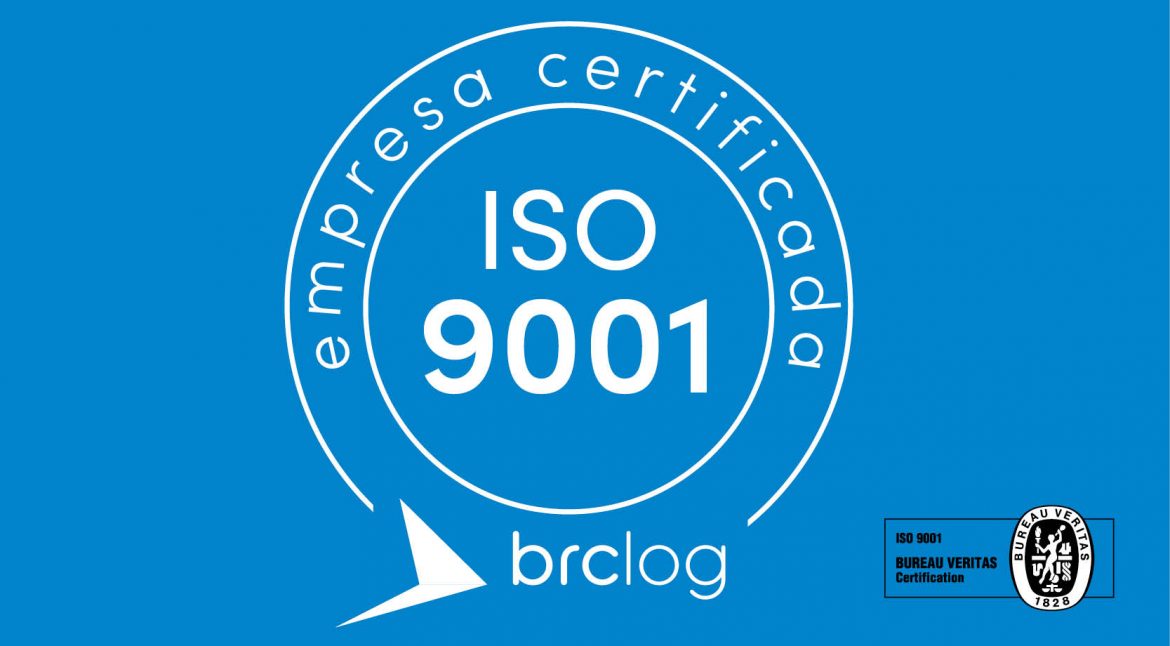Why does it make a difference that your Logistics Operator implements the ISO certificate?
Many are familiar with the ISO certificate, but not everyone understands how important the credential is. At Brclog, we are always looking for ways to innovate and meet the high standard of quality that the market demands. For this reason, we have implemented the ISO certificate. We decided to share this content to clarify details of the implementation, and some frequently asked questions regarding the topic.
What does ISO mean?
In Portuguese, ISO stands for International Organization for Standardization, a global entity specialized in standardization that has a series of guidelines, with the objective of promoting healthy development and the quality of service provision and processes.
It was founded in 1946 and is present in more than 111 countries. In Brazil, it is represented by ABNT, Brazilian Association of Technical Standards.
ISO certification is based on the premise of demonstrating to customers, the market and society in general that the organization produces and / or provides services with a high level of quality, through best practices, which is managed effectively, through a system of reference compliance recognized normative:
- It is solid;
- It has a reputation;
- Avoids market loss;
- Has civil liability;
- Small margin of complaints;
- Has easy business relationships;
- Reduction of production losses;
- Less reprocessing, repair and work;
- Fewer replacements for customers:
- Reduction of downtime, actions to solve problems, operation and acquisition costs.
Highlight in the market
It is a way to stand out in the market, after all, ISO is a standard known worldwide. This makes many companies decide to hire only certified suppliers, as they know that they will more easily meet the requirements they are looking for and consider them fundamental to a partnership.
With this, it is clear that implementing the standards of one of the ISO certificates is not becoming equal to all or giving up freedom within the company, but rather, confirming that the organization is qualified and is up to what is required by the standard, by customers and mainly by the market.
What are the biggest challenges?
All issues are involved in a certification, from the structure of the documentation to the awareness of the staff.
The need to make everyone understand the changes underway is the main barrier, considering that it is natural that a process of implementing a quality management system, can generate distrust in general, being this, the main initial obstacle in the certification process.
Improving communication will bring benefits to the quality management system, assisting the systematic procedures and work instructions.
For an organization that has continuous improvement among its elements, it is essential to think in the long term and there is an awareness that the initial impact with the implementation of a quality management system, and subsequent certification, will require a continuous process, as well worked by the leadership.
Why does your company need a certified Logistics Operator?
To make sure that your assets are delivered to a service provider, which has structured quality processes.


